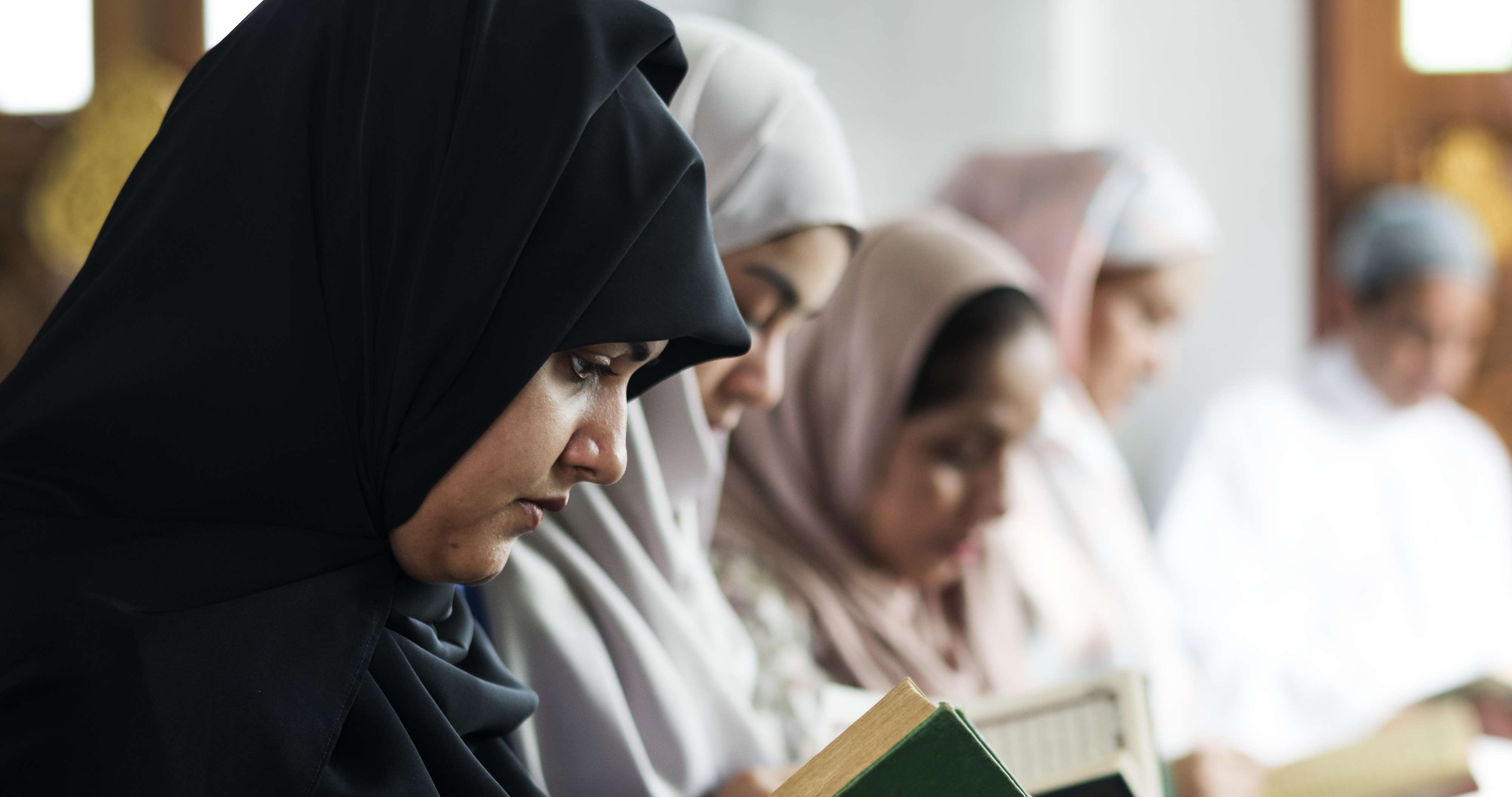
Women played a vital role in early Islam. They were not only mothers, wives, and daughters, but also scholars, teachers, and leaders. They were actively involved in all aspects of society, from religious and political life to the economy and arts.
The Quran and Hadith elevate the status of women and give them many rights and responsibilities. For example, the Quran states that women are equal to men in terms of their humanity and spirituality. It also gives women the right to own property, inherit wealth, and conduct business.
The Prophet Muhammad (peace be upon him) was a champion of women’s rights. He encouraged women to seek knowledge and participate in public life. He also appointed women to positions of leadership, such as Aisha bint Abu Bakr, who was a prominent scholar and teacher.
Here are some specific examples of the role of women in early Islam:
- Scholars and teachers: Women played a leading role in the preservation and transmission of Islamic knowledge. They were scholars and teachers of the Quran and Hadith, as well as other Islamic subjects such as law, theology, and philosophy. Some of the most famous female scholars of early Islam include Aisha bint Abu Bakr, Umm Salamah, and Fatima bint al-Mundhir.
- Leaders: Women also held positions of leadership in early Islam. For example, Aisha bint Abu Bakr was a leading advisor to the caliphs Abu Bakr and Umar. She was also a prominent military leader and commanded her own army in the Battle of the Camel.
- Businesswomen: Women were also involved in the economy of early Islam. They owned and operated their own businesses, and they were active in trade and commerce. For example, Khadijah bint Khuwaylid, the first wife of the Prophet Muhammad (peace be upon him), was a successful businesswoman.
The role of women in early Islam is a testament to the high status that Islam gives to women. Islam recognizes the unique talents and contributions of women, and it encourages them to participate fully in all aspects of society.
Quranic verses and hadiths on the role of women:
- “And women shall have rights similar to the rights against them according to what is equitable; but men have a degree (of advantage) over them. And Allah is Exalted in Power, Wise.” (Quran 2:228)
- “To the believing men and women, Muslim men and women, obedient men and women, truthful men and women, patient men and women, humble men and women, charitable men and women, fasting men and women, men and women who guard their private parts, and men and women who engage much in Allah’s praise – for them Allah has prepared forgiveness and a great reward.” (Quran 33:35)
- “The Messenger of Allah (peace be upon him) said: ‘The world is the provision of a Muslim, and the best provision is a righteous wife.'” (Sahih Muslim)
- “The Messenger of Allah (peace be upon him) said: ‘Whoever has three daughters and brings them up well, teaches them good manners, and marries them off, will enter Paradise.'” (Tirmidhi)
These are just a few examples of the many Quranic verses and hadiths that speak to the important role of women in Islam. Islam teaches us that women are equal to men in terms of their humanity and spirituality, and that they have many rights and responsibilities. We should all strive to uphold the status of women in Islam and to create a society where they can thrive and reach their full potential.
Listen to the Best Islamic Content on Rabt
Download Now
